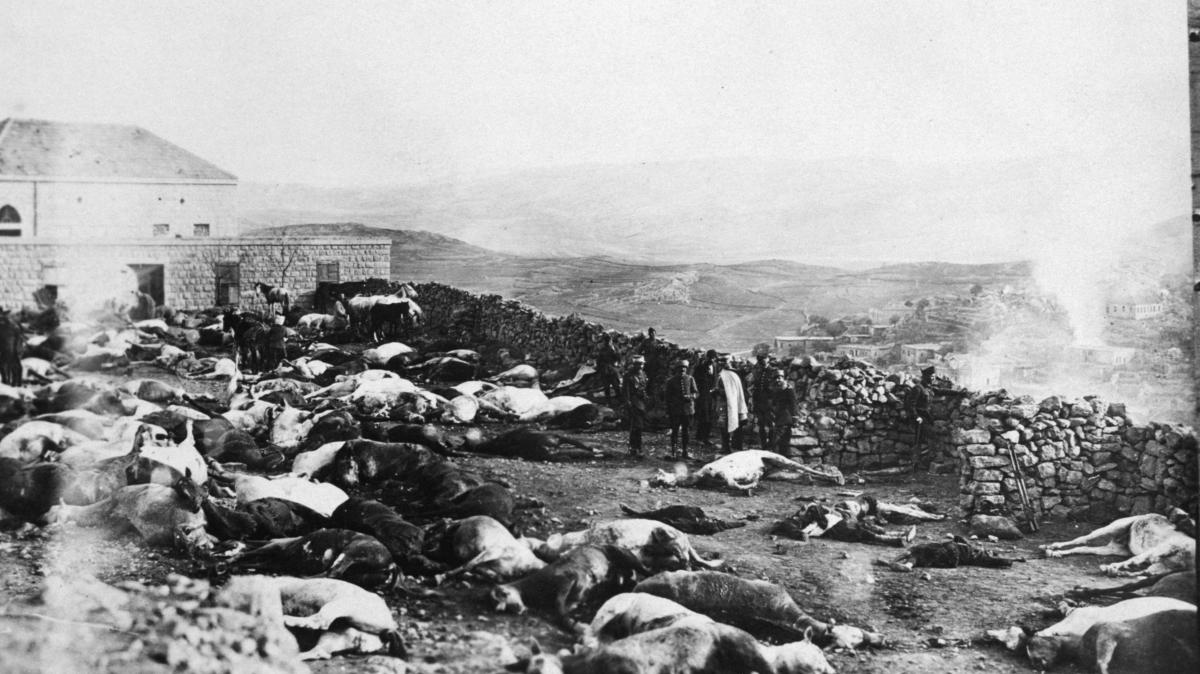From The Times: August 10, 1925
Evidence of the severity of the engagement between the French and the Druses fought on the 2nd inst is the arrival of 200 wounded men either here in Beirut or at Damascus.
The continuance of the excessive heat and the dearth of water has necessitated the punitive expedition’s encamping in the neighbourhood of Ezra. Operations at present are confined to aeroplane bombing expeditions.
Rebel excesses against Moslems as well as Christians are indicated by the daily applications for protection received by the French. A contingent of 500 men, originally destined for Morocco, has arrived here, and altogether reinforcements numbering 1,200 have arrived during the week.
The last severe engagement occurred at Ain Ezra water source, some six miles from Sueida. Under cover of darkness, the Druses attacked the French rear column, composed of Syrians and Malagasy, who apparently offered but a feeble resistance. The fire of the Druses set an armoured car on fire, and the column, which included a company of engineers with a portable wireless set, was thrown into disorganization and compelled to withdraw to Ezra.
It is believed that the French garrison in Sueida citadel has enough water, provisions, and ammunition to hold out. The Druse losses during the first assault on the citadel are estimated at 70, including two brothers of Sultan Pasha el Atrash. The insurgents burned the Government House at Sueida and the dwellings of loyalists. They also looted foreign houses. A communiqué issued here states that a number of Druses seeking refuge in the Transjordan were driven back into French mandated territory by British armoured cars, and that British aeroplanes are watching the frontier.
M Painlevé received newspaper men in Paris this evening and made the following statement to them: “I do not know yet the sum of our losses. The Sueida post is still occupied by our troops. That is the truth as we know it to-day.”
In conclusion, M Painlevé paid a tribute to the attitude of the British in the bordering territories, which, he said, had been not only very correct but particularly friendly.
Explore 200 years of history as it appeared in the pages of The Times, from 1785 to 1985: thetimes.co.uk/archive
